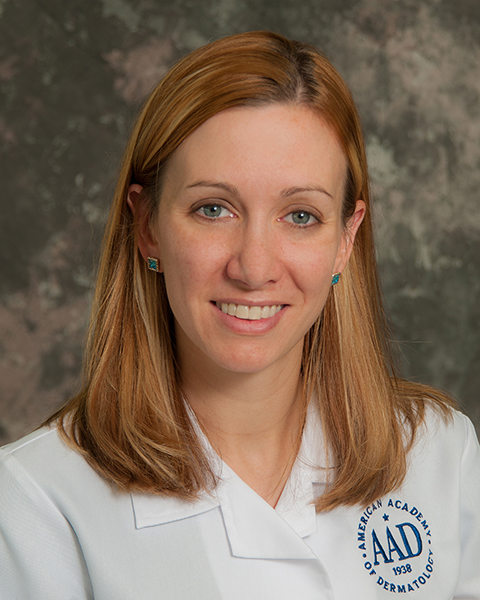Could certain foods be causing your acne?
Your diet affects every aspect of your health and wellness, including acne. While acne is often associated with teenagers, it affects adults of all ages.
“We are always seeing patients in their 30s, 40s and 50s who wonder why they suddenly have an outbreak, long after their teenage years,” said Lisa Pfingstler, MD, a Board Certified Dermatologist with DuBois Dermatology and Cosmetics. “The fact is, the same factors that cause acne in adolescence can cause acne in post-adolescence too.”
Acne is directly caused by four factors: excess oil production, clogged pores, bacteria and inflammation. But there are also indirect factors that can cause acne, including hormones, stress, make-up and skincare products, certain medication and diet.
A common misconception is that oily and greasy foods cause acne. At first glance it makes sense: excess oil production causes acne, so oily foods must cause excess oil. In reality, it’s not the oil in the food, it’s the sugar.
“The biggest culprits for outbreaks are foods that raise your blood sugar level,” said Dr. Pfingstler. “A spike in blood sugar causes your body to release insulin, a hormone that spurs your oil glands to produce more oil.”
So while things like fried foods and fast foods are greasy, they are also high in sugar, and that’s what causes the excess insulin production that can lead to acne.
Foods that produce a surplus of insulin are called high-glycemic carbohydrates and include the usual suspects like desserts, soda and junk foods. But there are also some foods that are high in sugar that may surprise you. Pasta, white bread and white rice are all high-glycemic carbohydrates that can also cause acne.
“When it comes to diet and acne, it’s not all bad news,” said Dr. Pfingstler. “The complex carbohydrates found in whole grains, legumes, fruits and vegetables may reduce your risk for outbreaks. And foods that fight inflammation are also good for your skin, like salmon, nuts and olive oil.”
Unfortunately, there’s no universal solution for acne. Foods that cause acne in some people may not in others. You may find that you get more acne when you eat certain foods, but not others. Talk to your primary care provider or dermatologist to explore how your diet affects your skin and how you can reduce your chances of breaking out.
Dr. Lisa Pfingstler is a member of Penn Highlands DuBois medical staff and operates her own practice. Her practice, DuBois Dermatology, treats children and adults with acne as well as benign and malignant disorders, including skin cancers, melanomas, moles and other tumors of the skin, dermatitis, rashes, psoriasis and more. For more information, visit www.phhealthcare.org/dermatology.

